New Zealand particularly vulnerable to China: think tank report
By Matt Nippert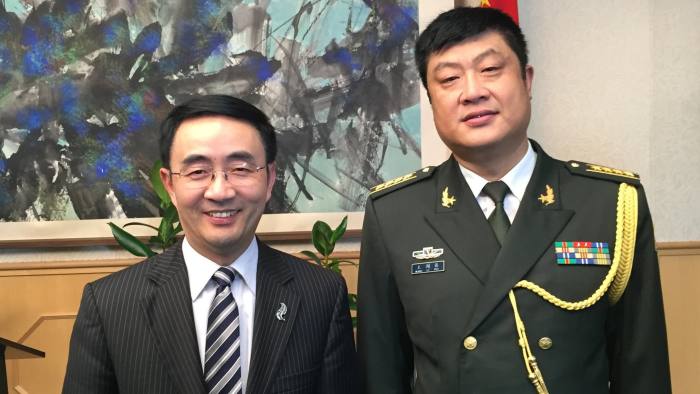 New Zealand's top Chinese mole: Jian Yang, left, with Senior Colonel Wang Liwei, defence attaché, at an event held at the Chinese embassy in Wellington to mark the 88th anniversary of the founding of the People's Liberation Army in 2015.
New Zealand's top Chinese mole: Jian Yang, left, with Senior Colonel Wang Liwei, defence attaché, at an event held at the Chinese embassy in Wellington to mark the 88th anniversary of the founding of the People's Liberation Army in 2015.
A US report into China's influence in New Zealand has highlighted concerns over government inaction and raised the possibility political considerations are blocking our intelligence agencies from investigating.
The Hoover Institution, a think-tank classed in the US as moderately conservative, released its "Chinese Influence & American Interest" report today with New Zealand presented as a case study.
"NEW ZEALAND HAS HISTORICALLY PURSUED CLOSER TIES WITH CHINA THAN MANY OTHER NATIONS" (p. 182)
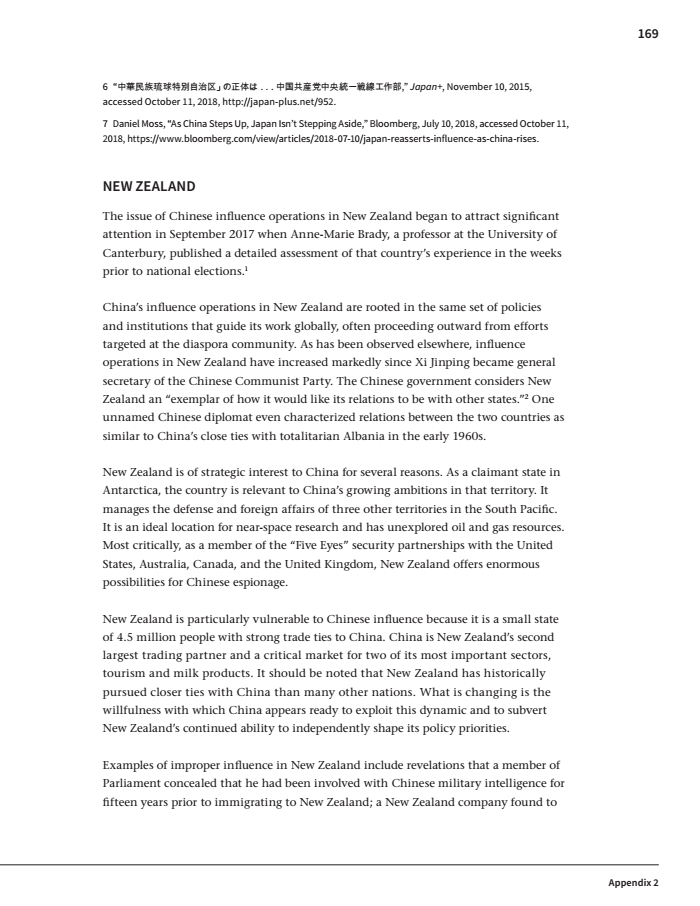
View the entire document with DocumentCloud
Although the report canvasses China's influence activities around the world, New Zealand is said to be particularly vulnerable due to its small size and China being a dominant market for dairy and tourism exports.
Drawing largely on research by University of Canterbury professor Anne-Marie Brady, the report said China's influence operations in New Zealand have ramped up since Xi Jinping became general secretary of the Chinese Communist Party in 2013.
Adverse contrast is drawn between the relatively low-key response of New Zealand with the legislative programme implemented in Australia -- although the report appears to have been prepared prior to the last week's announcement that the GCSB had used national security grounds to block Chinese firm Huawei from building the latest generation of mobile phone infrastructure.
The continuing saga of National Party MP Yang Jian comes in for particularly scrutiny.
The Hoover Institution, a think-tank classed in the US as moderately conservative, released its "Chinese Influence & American Interest" report today with New Zealand presented as a case study.
"NEW ZEALAND HAS HISTORICALLY PURSUED CLOSER TIES WITH CHINA THAN MANY OTHER NATIONS" (p. 182)

View the entire document with DocumentCloud
Although the report canvasses China's influence activities around the world, New Zealand is said to be particularly vulnerable due to its small size and China being a dominant market for dairy and tourism exports.
Drawing largely on research by University of Canterbury professor Anne-Marie Brady, the report said China's influence operations in New Zealand have ramped up since Xi Jinping became general secretary of the Chinese Communist Party in 2013.
Adverse contrast is drawn between the relatively low-key response of New Zealand with the legislative programme implemented in Australia -- although the report appears to have been prepared prior to the last week's announcement that the GCSB had used national security grounds to block Chinese firm Huawei from building the latest generation of mobile phone infrastructure.
The continuing saga of National Party MP Yang Jian comes in for particularly scrutiny.
The Herald, Newsroom and the Financial Times have reported on his selective disclosure when applying for jobs, residency, citizenship and National Party candidacy of his 15-year working relationship with China's military intelligence agencies.
Foreign Affairs Minister Winston Peters called for an investigation into Yang in late 2017, and in an interview with NPR earlier this year said concerns from traditional allies about the affair would shortly be addressed.
"One would be naive to think that a response would not be forthcoming," Peters said.
THE CASE OF YANG JIAN (p. 183)
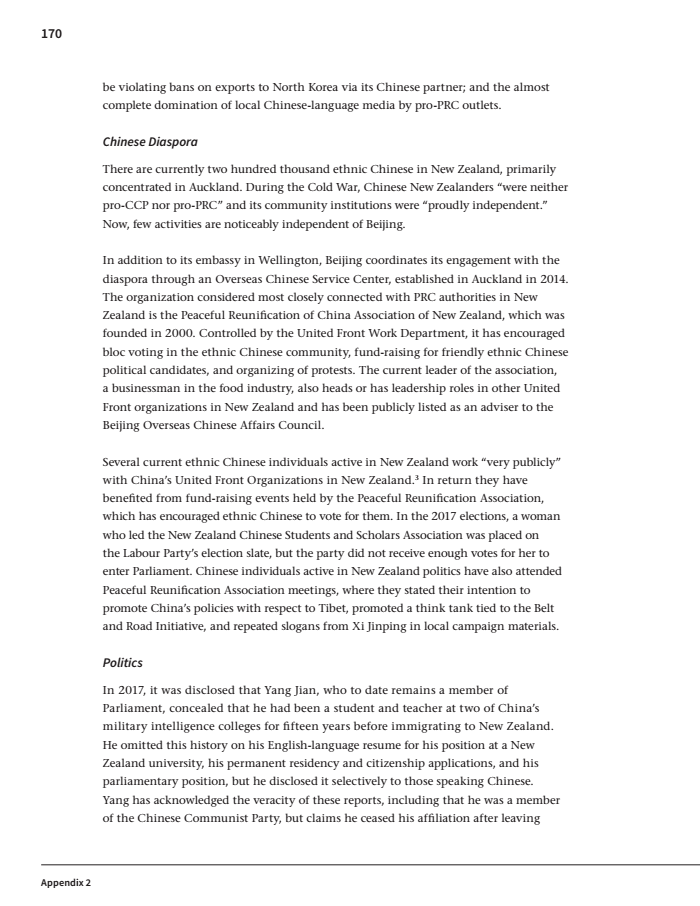
View the entire document with DocumentCloud
Peters' cryptic comments aside, the Hoover report raised the possibility political oversight of NZSIS investigations into "sensitive individuals" may be preventing local authorities from looking into matters of national security concern.
"New Zealand's intelligence service still cannot investigate cases of subversion and foreign influence inside its political parties without the approval of the service's minister, whose political calculations inhibit action," the report said.
The report said New Zealand's Chinese diaspora -- now 200,000 strong -- had maintained neutrality and independence during the Cold War, but in recent times local NGOs and Chinese-language newspapers had been drawn into China's orbit.
"Now, few activities are noticeably independent of Beijing," the report said, noting "the complete domination of local Chinese-language media by pro-PRC outlets."
The report said these local publishers all had co-operation agreements with the state-run Xinhua News Service, and "Chinese Communist Party officials have given direct editorial instruction to Chinese-language media in New Zealand".
The ongoing police and NZSIS investigation into an apparent campaign of criminal harassment directed at Brady is also reported as an example of how "China's representatives also put considerable pressure on New Zealanders who speak up critically on China-related issues".
Foreign Affairs Minister Winston Peters called for an investigation into Yang in late 2017, and in an interview with NPR earlier this year said concerns from traditional allies about the affair would shortly be addressed.
"One would be naive to think that a response would not be forthcoming," Peters said.
THE CASE OF YANG JIAN (p. 183)

View the entire document with DocumentCloud
Peters' cryptic comments aside, the Hoover report raised the possibility political oversight of NZSIS investigations into "sensitive individuals" may be preventing local authorities from looking into matters of national security concern.
"New Zealand's intelligence service still cannot investigate cases of subversion and foreign influence inside its political parties without the approval of the service's minister, whose political calculations inhibit action," the report said.
The report said New Zealand's Chinese diaspora -- now 200,000 strong -- had maintained neutrality and independence during the Cold War, but in recent times local NGOs and Chinese-language newspapers had been drawn into China's orbit.
"Now, few activities are noticeably independent of Beijing," the report said, noting "the complete domination of local Chinese-language media by pro-PRC outlets."
The report said these local publishers all had co-operation agreements with the state-run Xinhua News Service, and "Chinese Communist Party officials have given direct editorial instruction to Chinese-language media in New Zealand".
The ongoing police and NZSIS investigation into an apparent campaign of criminal harassment directed at Brady is also reported as an example of how "China's representatives also put considerable pressure on New Zealanders who speak up critically on China-related issues".
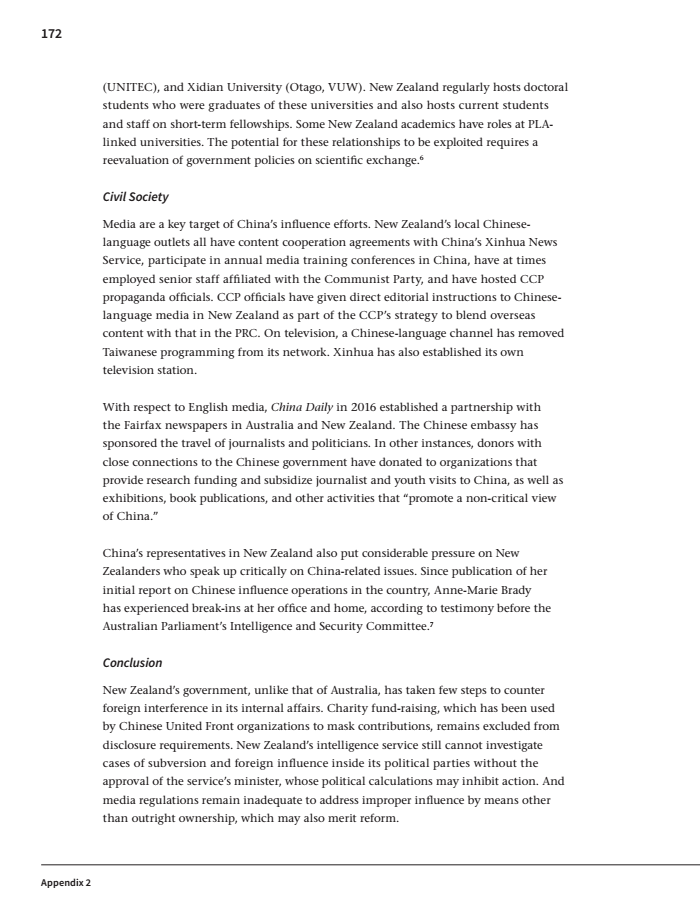
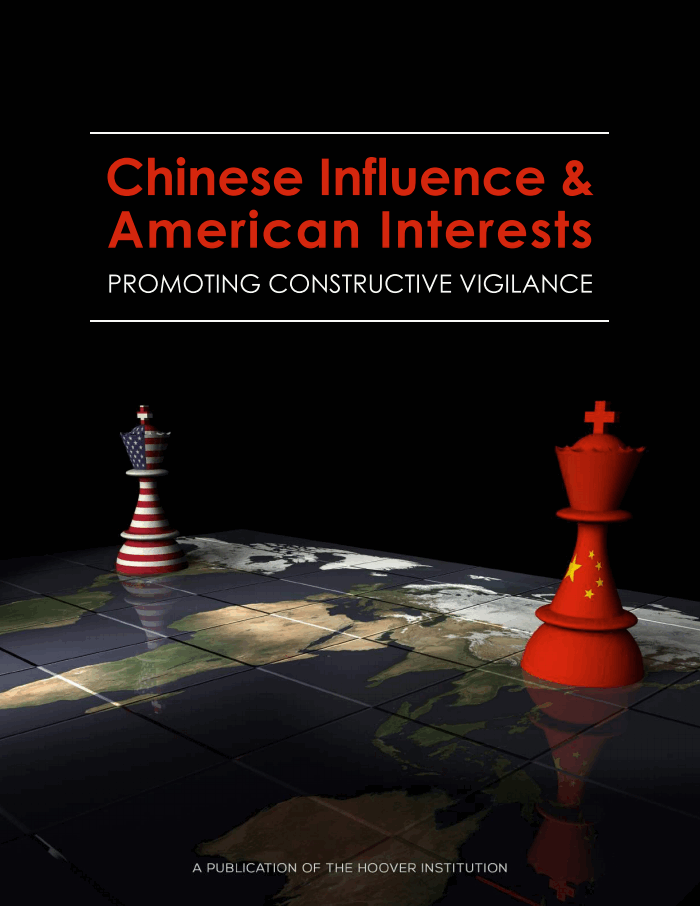
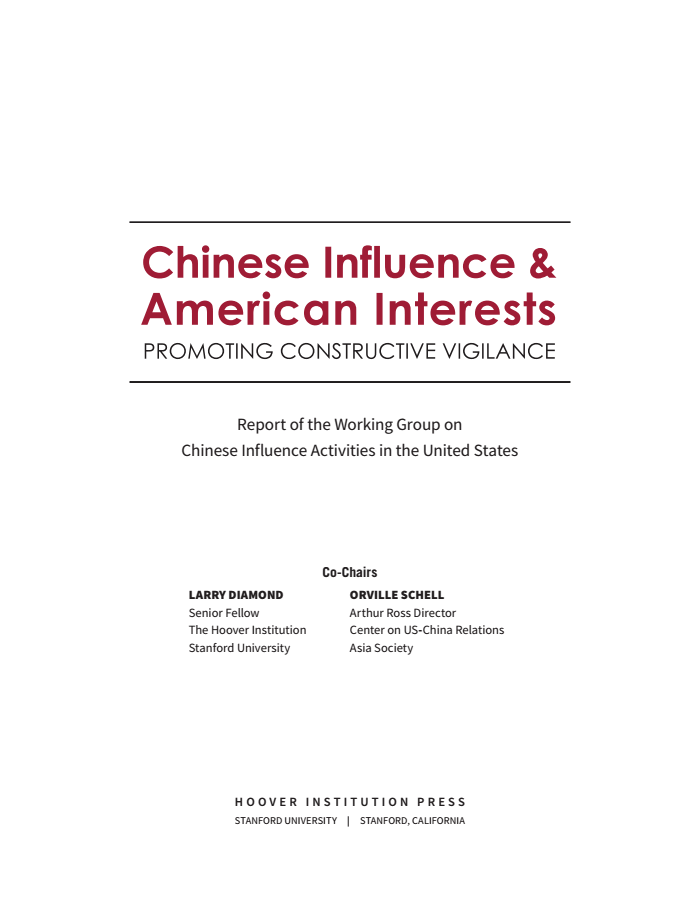
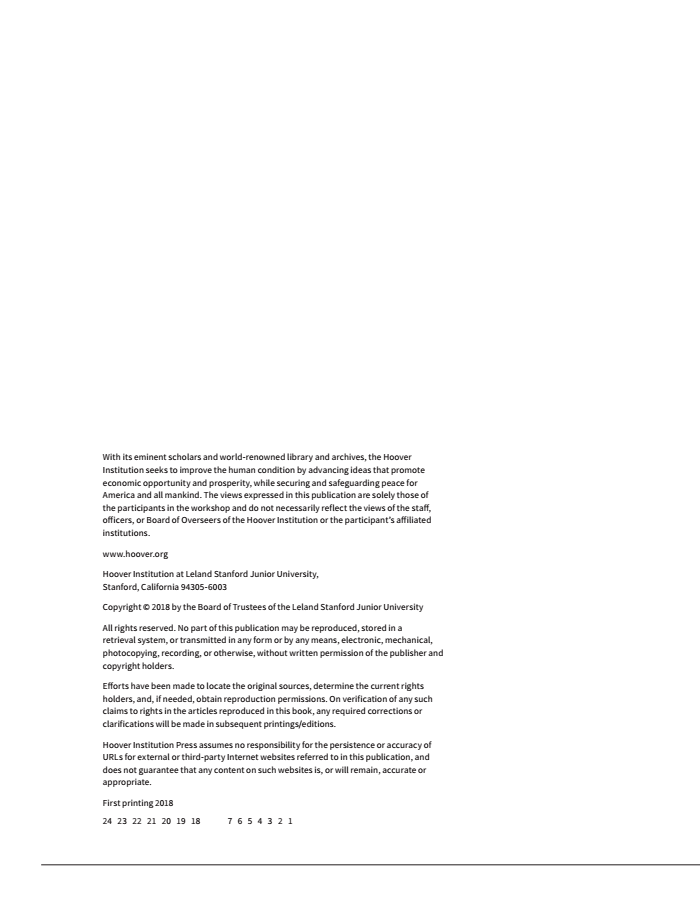
Aucun commentaire:
Enregistrer un commentaire